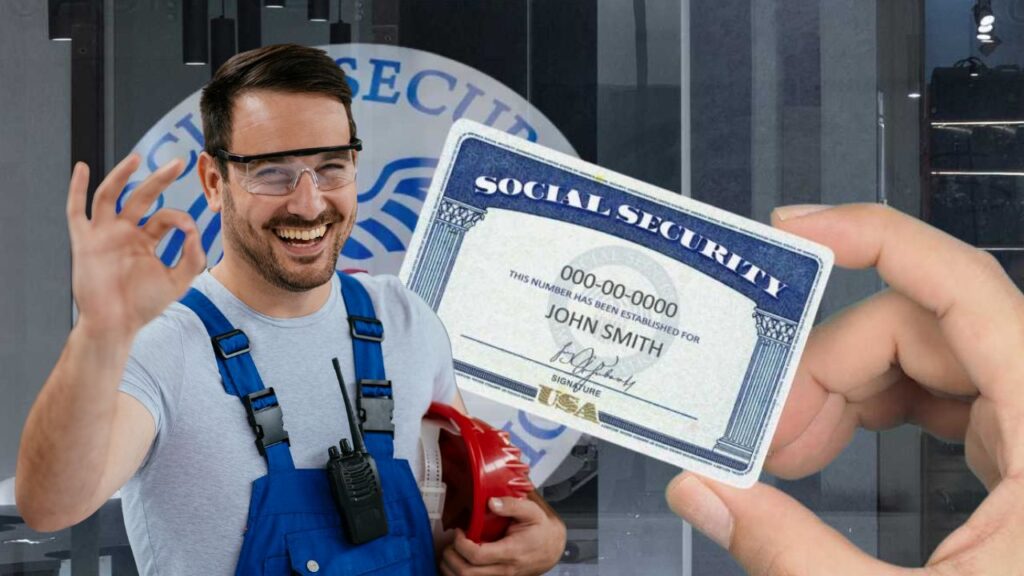In the United States, not everyone needs a long career to access Social Security benefits. In fact, if you’ve worked at least 10 years, there’s a good chance you already qualify. It all comes down to a little thing called work credits — and if you’ve been paying into Social Security through your paychecks, you’ve probably earned more than you think.
A lot of people believe you need decades on the job to get anything back. But the truth is simpler: for retirement benefits, the system isn’t counting the number of years you worked — it’s counting how much you earned during those years. That’s what generates work credits. And once you hit the magic number — 40 — you’re in. Now, those 40 credits don’t guarantee a big monthly check, but they do open the door. And that first step? That’s the one that matters.
40 work credits: enough to unlock Social Security benefits
Here’s how it works. You earn up to four credits per year, depending on how much money you make. In 2025, you get one credit for every $1,730 in covered earnings. So once you’ve earned $6,920 in a year, you’ve got your four credits locked in.
Do that for 10 years — not even in a row — and you’ve met the basic requirement. That’s what the Social Security Administration needs to consider you “insured” for retirement purposes.
It doesn’t matter if you had gaps, changed jobs, or switched careers. As long as you hit 40 credits at some point, you qualify. The amount you’ll receive, though, depends on your lifetime earnings — not just whether you reached the minimum. So yeah, 10 years is enough to get in the system. But how much you’ll actually receive every month? That’s a different story.
Fewer credits: may not receive any monthly income
Falling short of the 40-credit requirement is where problems start. If you only worked a few years — or if you worked jobs that didn’t pay into Social Security — you might not qualify for retirement benefits at all.
And here’s the thing: credits don’t carry over to other federal programs. They’re specific to Social Security, so working under the table, getting paid in cash, or holding jobs without proper documentation won’t help you earn them. No credits, no check.
That’s why some people reach retirement age and find out they’re not eligible. It’s a rough surprise — and it’s avoidable. If you’re not sure where you stand, you can check your Social Security statement online. It’ll show how many credits you’ve earned and give you a sense of what to expect when the time comes.
Reaching those 40 credits might seem like a small goal, but it opens the door to something big: a guaranteed source of monthly income for the rest of your life. And depending on your earnings, that check could make a real difference.
